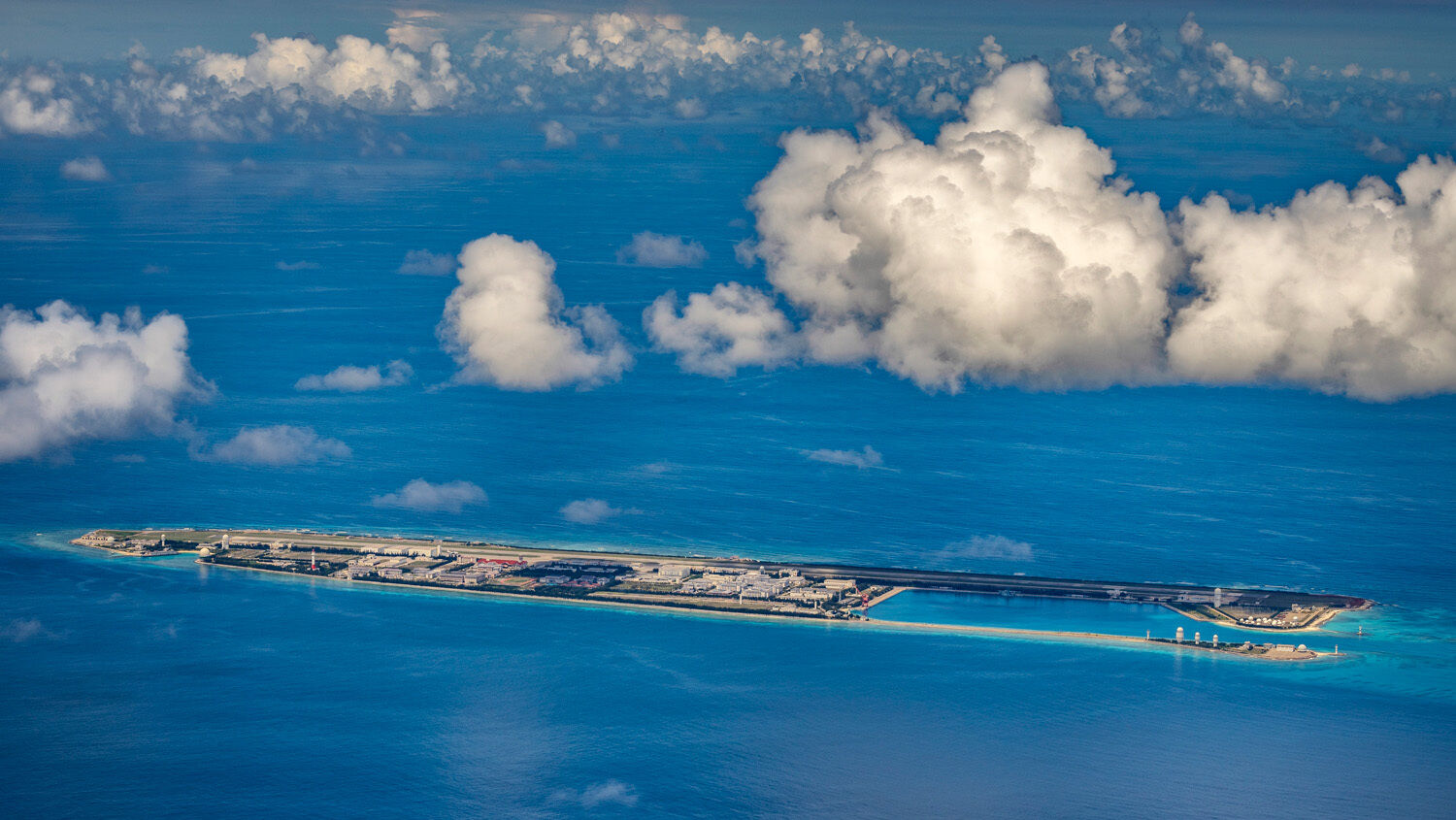
America Is Losing Influence to China in Southeast Asia
China’s influence over Southeast Asia is rising at the expense of its greatest rival: the United States.
Over the past five years, China has adopted a far more aggressive military and diplomatic approach in Southeast Asia, as it has in other parts of the world, such as the South China Sea and Taiwan. One might think this would negatively affect China’s standing among the nations in the region, but the opposite is proving true.
A new study by the Lowy Institute, titled “Asia Power Snapshot: China and the United States in Southeast Asia,” shows that between 2018 and 2022 the U.S. lost significant influence to China in Southeast Asia in all four categories measured by the Asia Power Index: economic relationships, defense networks, diplomatic influence and cultural influence.
According to the report metrics, of the 10 countries in the Association of Southeast Asian Nations, the U.S. is now the most influential power only in the Philippines and Singapore, both U.S. allies. In all other countries in the region, including U.S. ally Thailand, China beats the U.S. in overall influence.
Asia Power Index methodology assigns up to 100 points to the U.S. and China for their influence, based on relative performance. These points are given based on 42 indicators across the four different measures. The index reveals that China’s margin of overall influence in the region is increasing. In 2018, China had 52 points to America’s 48 for influence in the region. In 2022, this lead increased to 54 for China and 46 for the U.S.
According to the Asia Power Index, China was far more influential economically in 2022 and also had a considerable lead over the U.S. in diplomatic influence. Washington’s defense networks and cultural influence still outperform Beijing’s, but even in those categories, China’s performance has improved significantly since 2018.
Many states in Southeast Asia, such as Vietnam, Malaysia and Indonesia, are worried about China’s more assertive military actions. These countries have looked for closer military cooperation with the U.S., while remaining careful not to antagonize Beijing. However, the study shows that Washington’s military influence is decreasing as well. In Indonesia, the United States’ lead over China in defense networks dropped from 69 to 55.
Overall, the U.S. has lost the most influence in Malaysia, caused by China’s gains in defense networks and diplomatic influence. In the past five years, China’s lead in the country expanded from 55 to 63.
China made the greatest strides with its economic relationships. In 2022, U.S. economic relationships were weaker than China’s in every single country of Southeast Asia. Beijing has also increasingly taken over the role as lender of last resort, helping countries in the region during times of economic crises and debt. China has, in many ways, replaced the U.S. in bailing out these indebted and low-income countries.
Another recent study by the iseas-Yusof Ishak Institute in Singapore backs these findings. Their poll reported that a majority of respondents said China is now the most dominant economic and political strategic power in Southeast Asia.
China’s soaring influence in Southeast Asia at the expense of the United States is not surprising to those familiar with Bible prophecy. Revelation 16:12 warns that the “way of the kings of the east” will be prepared. Trumpet editor in chief Gerald Flurry has explained that “the kings of the east” are a multinational Asian alliance that will rise in the end time. Ezekiel 38 indicates this alliance will be led by Russia and China.
Mr. Flurry has explained that several other Asian nations will join this alliance. Trends in Southeast Asia and other areas of the world show this is already happening, mostly at the expense of American power in Asia. In our booklet Russia and China in Prophecy, we write:
The kings of the east are becoming restless. U.S. influence in and access to the Korean Peninsula, Chinese and Soviet coasts, Asia-Pacific sea-lanes, Malaysia, Indonesia, the Philippines, Micronesia, Polynesia and Papua New Guinea are declining.
In Leviticus 26, God warned what would happen to the modern nations of Israel (mainly America and Britain today) if they disobeyed Him: “And I will break the pride of your power …” (verse 19). This is exactly what is happening: While America still has unmatched power, it lacks the will to use it. This weak will is paving the way for the kings of the east to come together as a global superpower.
In our booklet, we identify “the perceived weakening of U.S. global influence” as one of the factors “driving China and its Asian neighbors to position themselves as the next great power bloc. … The new order of global powers is emerging precisely as depicted in Bible prophecy.”
China’s rising influence in Southeast Asia is one area we can clearly see these Bible prophecies being fulfilled. To learn more about these prophecies, order your free copy of Russia and China in Prophecy.
